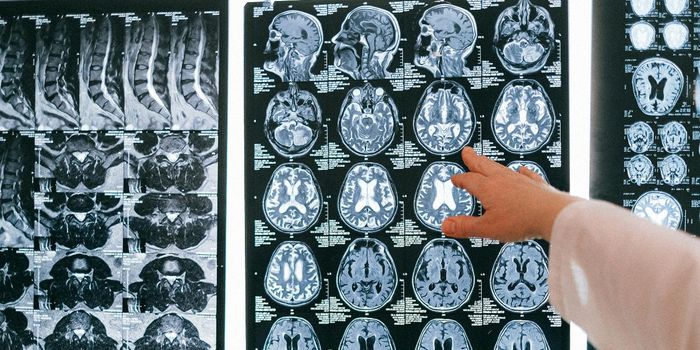Reaching the Brain With Music
The term “earworm” is used to describe what if feels like when a song gets stuck in your head. It’s happened to all of us. Perhaps a song on the radio during the morning commute gets in your mind, and you sing along…for the whole day. That song just will not leave your mind. There’s an actual scientific connection in the brain that’s responsible for this. Music and our ability to learn lyrics, remember tunes and even play an instrument is processed in one part of the brain, the right hemisphere, which is where memories are stored. The left hemisphere of the brain is a bit busier with more complex actions like word retrieval and acquisition, analysis, sequencing, logic and numbers. Music finds it’s way into the brain and manages to stay there even when things go wrong like strokes, dementia, Alzheimer’s Disease and Parkinson’s

There have been numerous studies on the benefits of music for patients who have suffered some form of brain injury or disease. A program in Melbourne, Australia (https://labroots.com/trending/id/1694/singing-for-recovery) has patients who are experiencing aphasia---the loss of speech---participating in choral singing therapy to bring back their ability to speak. The ability of the brain to recognize music and process it efficiently despite deficits that are part of various brain injuries is being recognized more in care models and the medical community is tuned in.
A study done five years ago at Boston University showed that Alzheimer’s patients learned lyrics and other factual information faster and easier when the information was set to music. Since then numerous studies have backed up the initial findings of the BU study that music seems to unlock something in the damaged brain and for the patients that are trapped without their memories, it’s life altering.
At George Mason University in Virginia, The Department of Social recently received a one-year, $44,949 grant from the Virginia Center on Aging to examine the effects of personalized music on the behavior and emotions of older adults. The grant will cover the cost of supplying iPods to 25 dementia patients at five area adult day centers. The goal is to study the impact that personalized play lists have on memory and cognition of the patients.
The most well-known project on the subject of music and dementia however is the documentary “Alive Inside” that won the Audience Award at the Sundance Film Festival last year. The film follows the efforts of social worker Dan Cohen, the founder of the non-profit organization Music and Memory, to bring music to dementia patients by providing donated iPods to dementia patients. The documentary shows the almost magical transformation that music has made in the lives of those who many thought were unreachable.
Now that the medical community has caught on to the power of music, many more nursing homes, adult day centers and other facilities that care for patients with dementia are bringing music into their treatment protocols. Check out the video below for more information on patients and their caregivers who are using music to bring them back to their memories.








